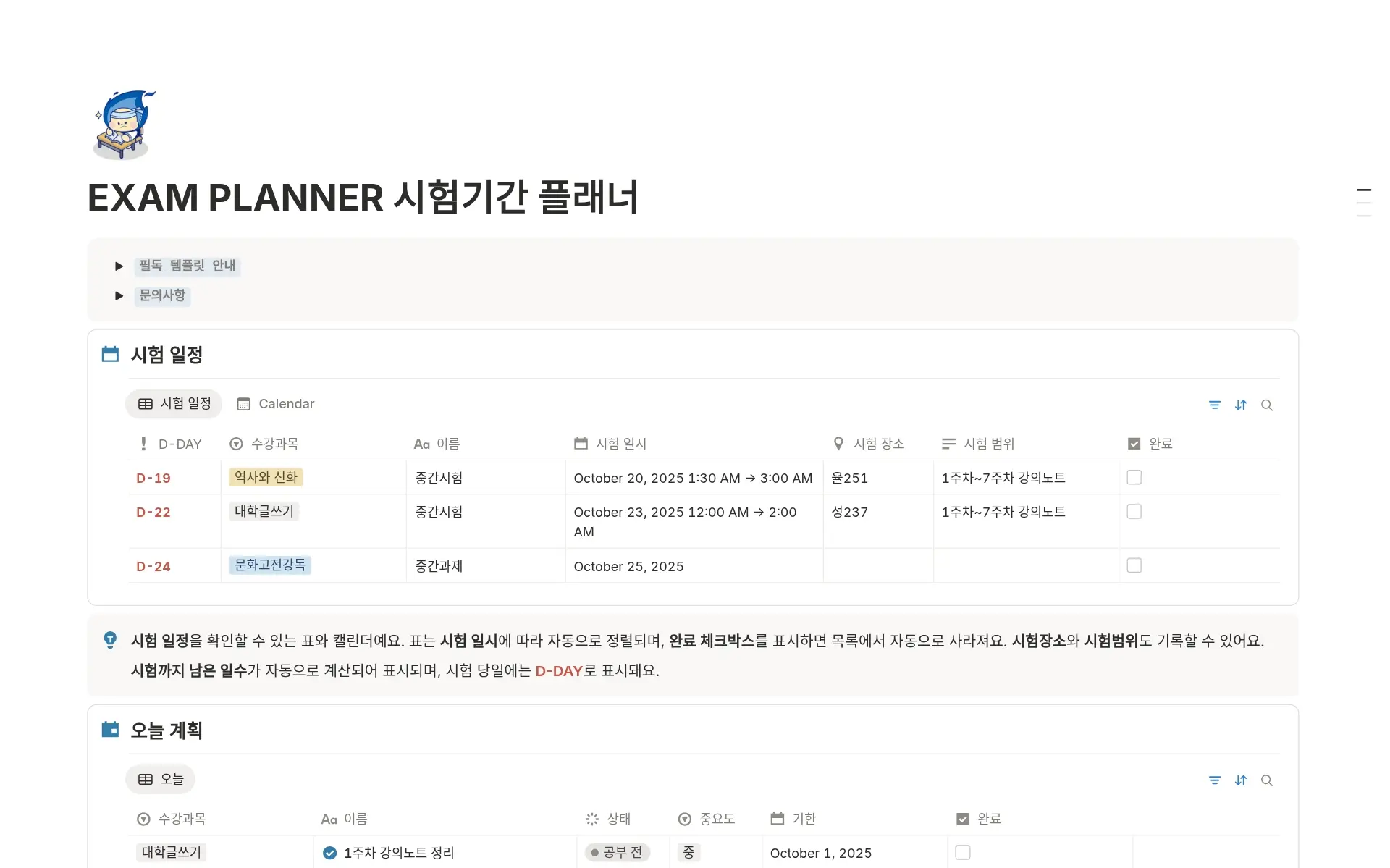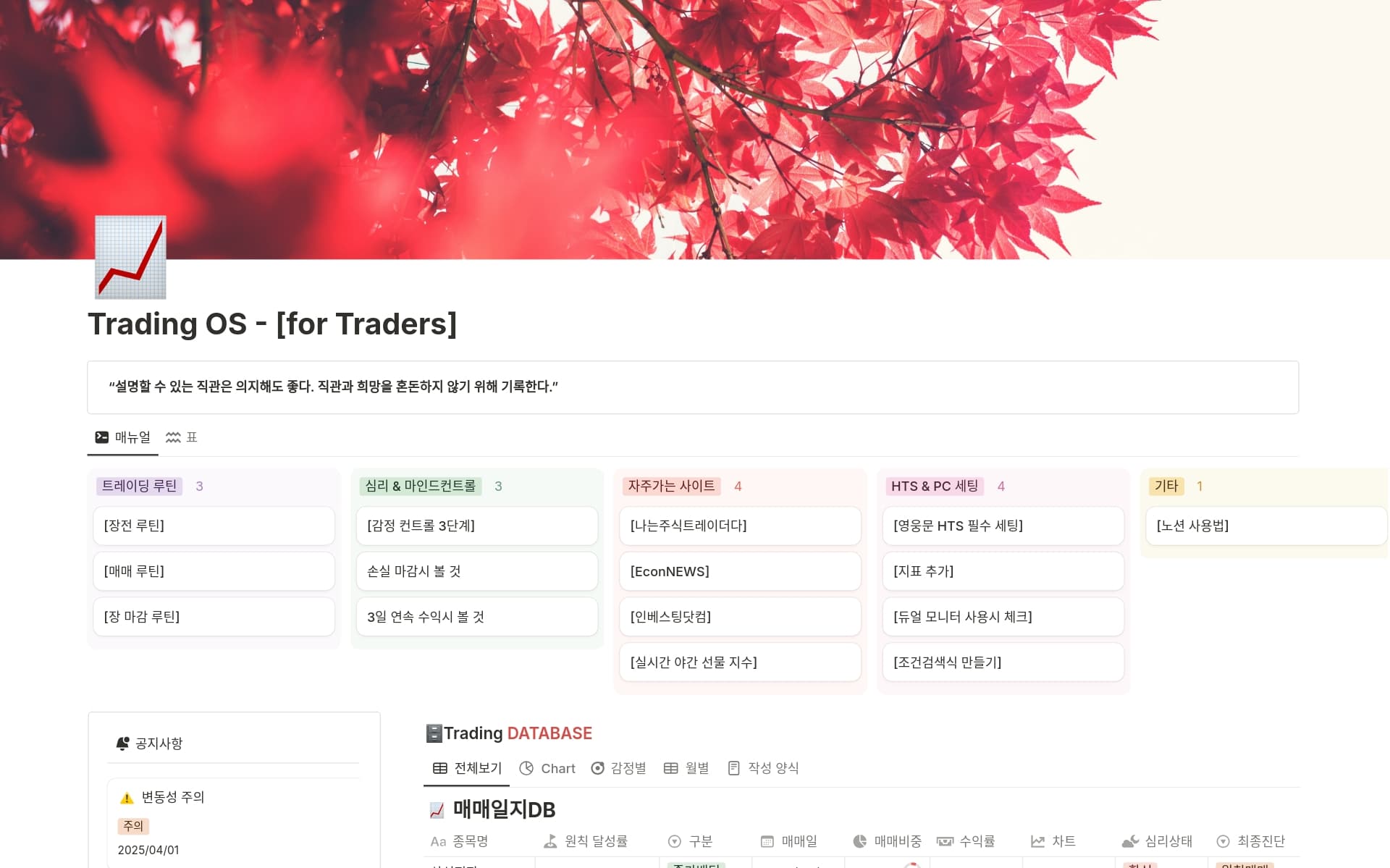Having a Bug Tracker is crucial for efficiently managing and resolving issues in software development, IT operations, or any project that requires tracking of tasks and errors. It helps in prioritizing, assigning, and monitoring the progress of bug fixes, ensuring that nothing falls through the cracks. A Bug Tracker template in Notion can streamline this process by providing a structured and customizable framework to capture and organize bug reports, making it easier to collaborate and keep track of all the moving parts.
Before you dive into creating your own Bug Tracker, consider exploring these Notion templates to simplify the process and enhance your workflow.
What Should Bug Tracker Templates Include?
Choosing the right Bug Tracker Template in Notion can streamline your debugging process and enhance your project management. Here are key components to look for:
Status Tracking: A good template should allow you to track the status of each bug, from discovery to resolution, ensuring transparency and accountability.
Severity Levels: It's important to categorize bugs by severity to prioritize fixes. The template should include a way to label bugs as critical, major, minor, or trivial.
Assignee Information: To facilitate quick action, the template must have fields to assign tasks to specific team members and track their progress.
History Logs: A comprehensive history log helps in documenting the bug's lifecycle. This feature is essential for future reference and for new team members to get up to speed.
With these components, a Bug Tracker Template in Notion becomes a powerful tool for maintaining the quality and reliability of your software products.
What Should Bug Tracker Templates Avoid?
Choosing the right Bug Tracker Template in Notion can streamline your debugging process significantly. However, some features may complicate rather than simplify your workflow. Here are key components to steer clear of:
Overly Complex Fields: Templates with too many detailed fields can make logging bugs cumbersome and deter timely updates.
Non-Customizable Status Options: Avoid templates that don't allow you to modify status options, as different projects may require unique statuses.
Lack of Integration Features: Templates that do not support integration with other tools can isolate your bug tracking and disrupt team collaboration.
Selecting a template that avoids these pitfalls will ensure a more efficient and user-friendly bug tracking system that enhances your team's productivity.




